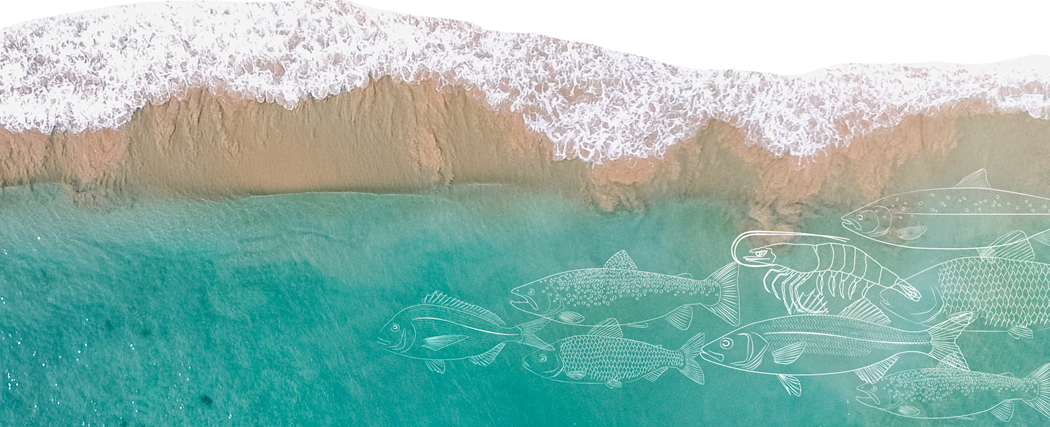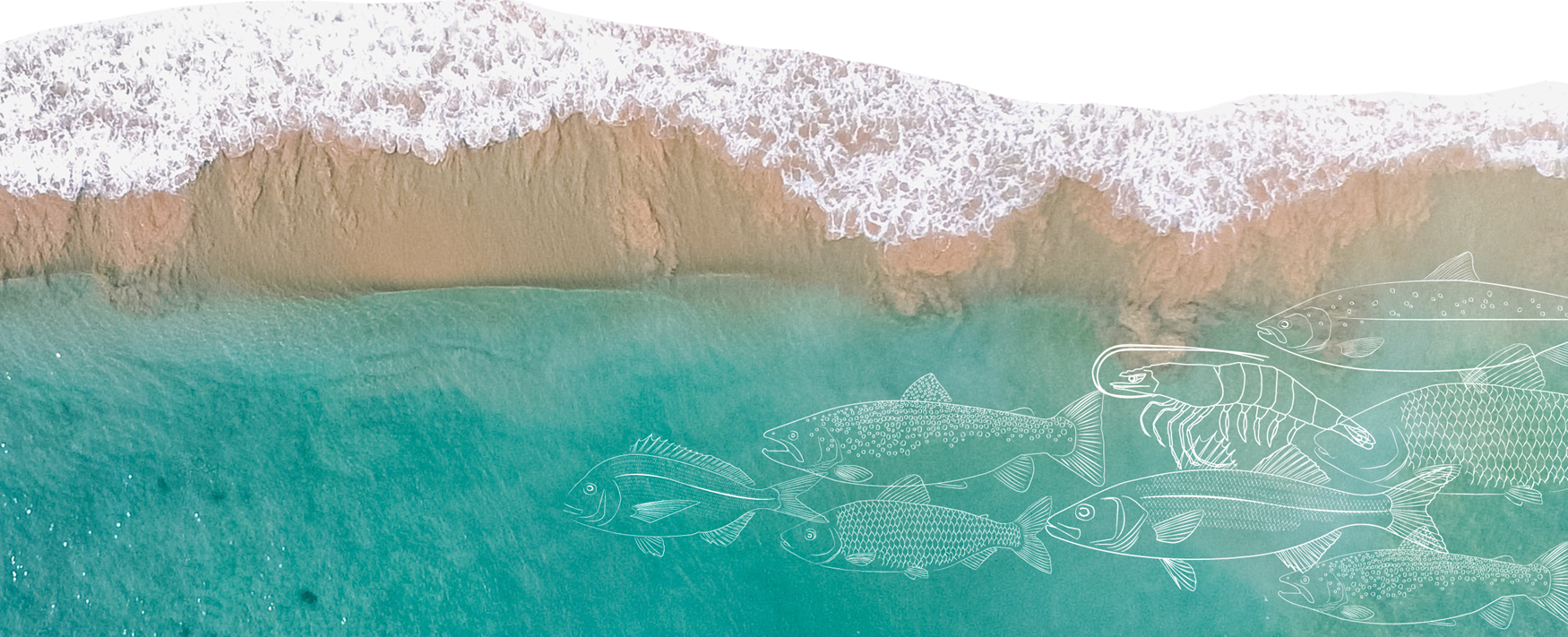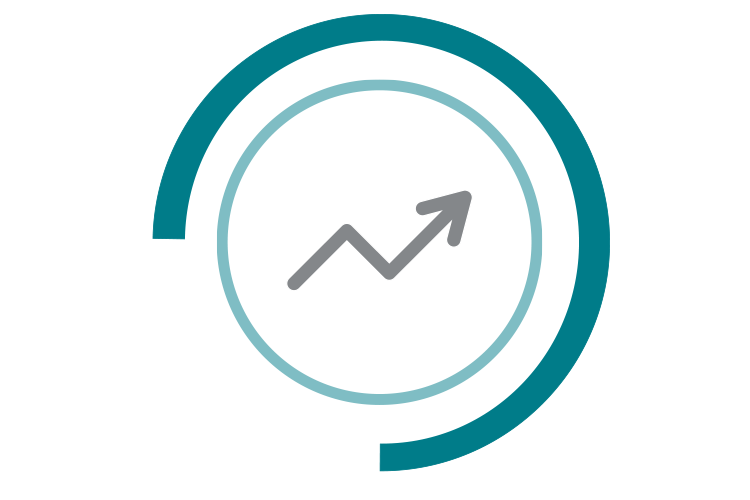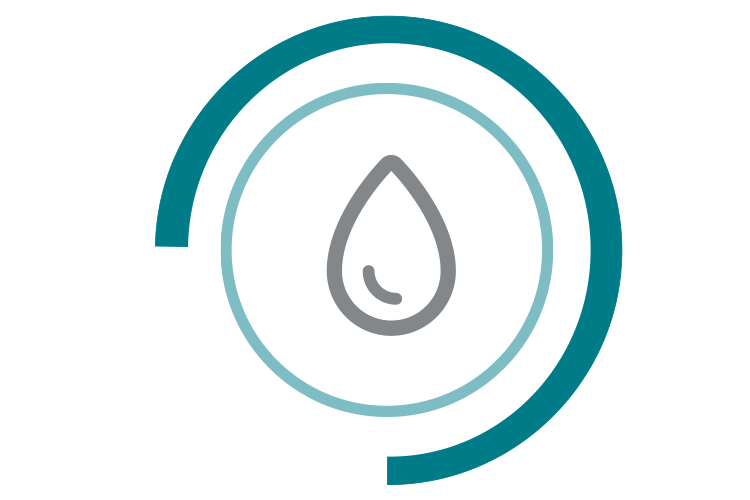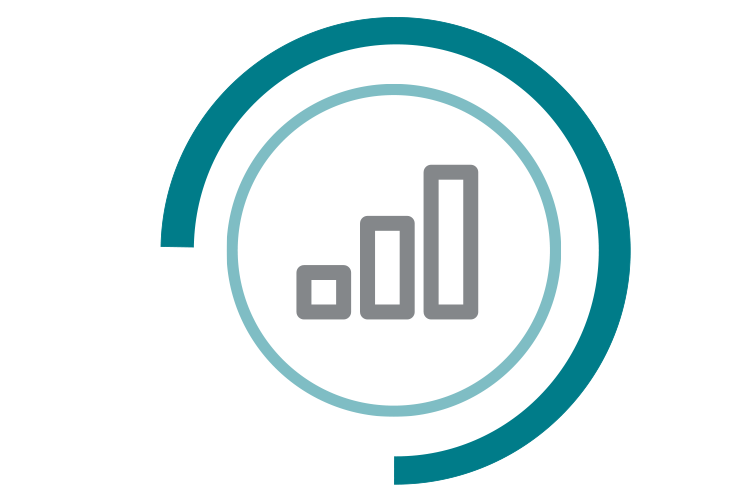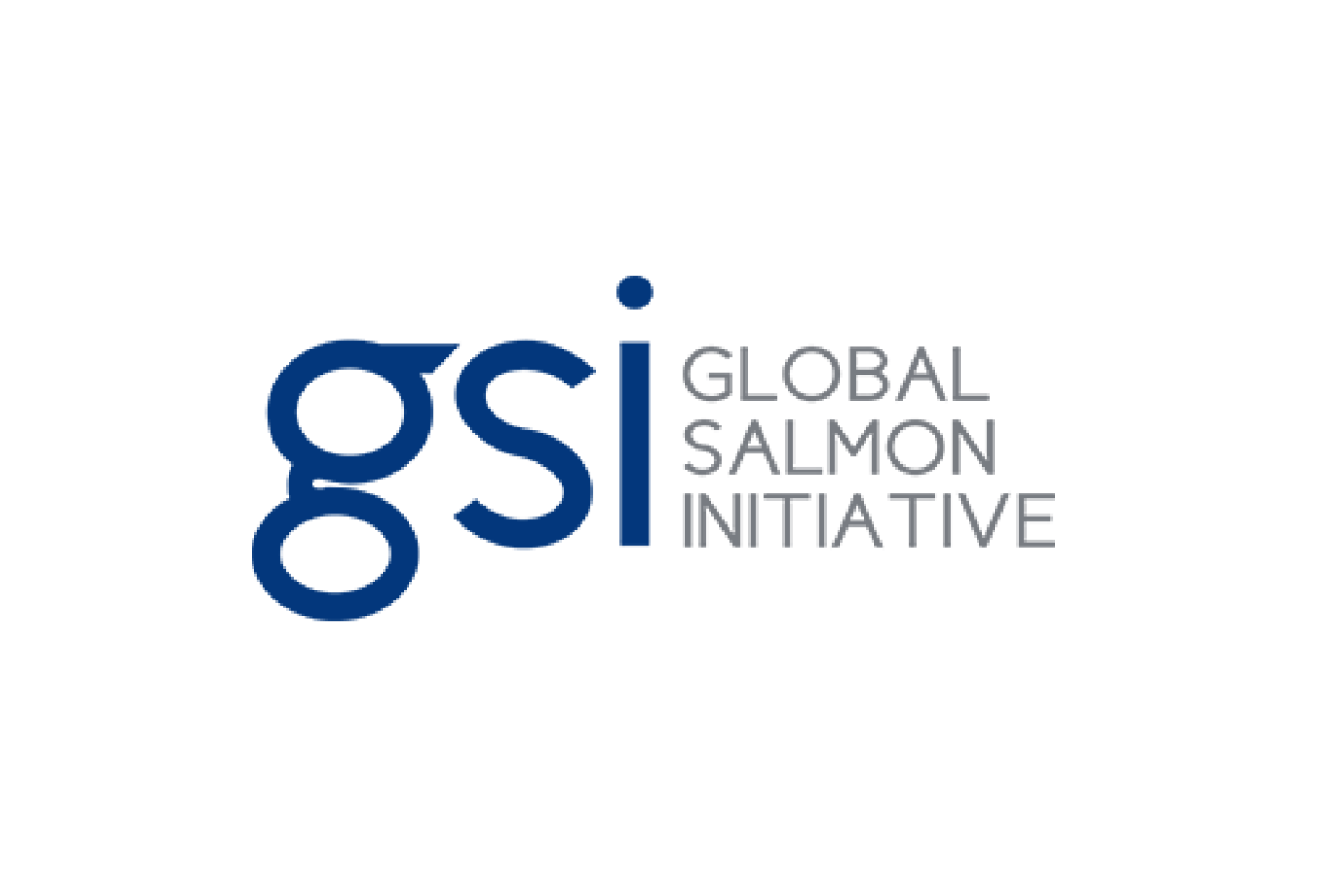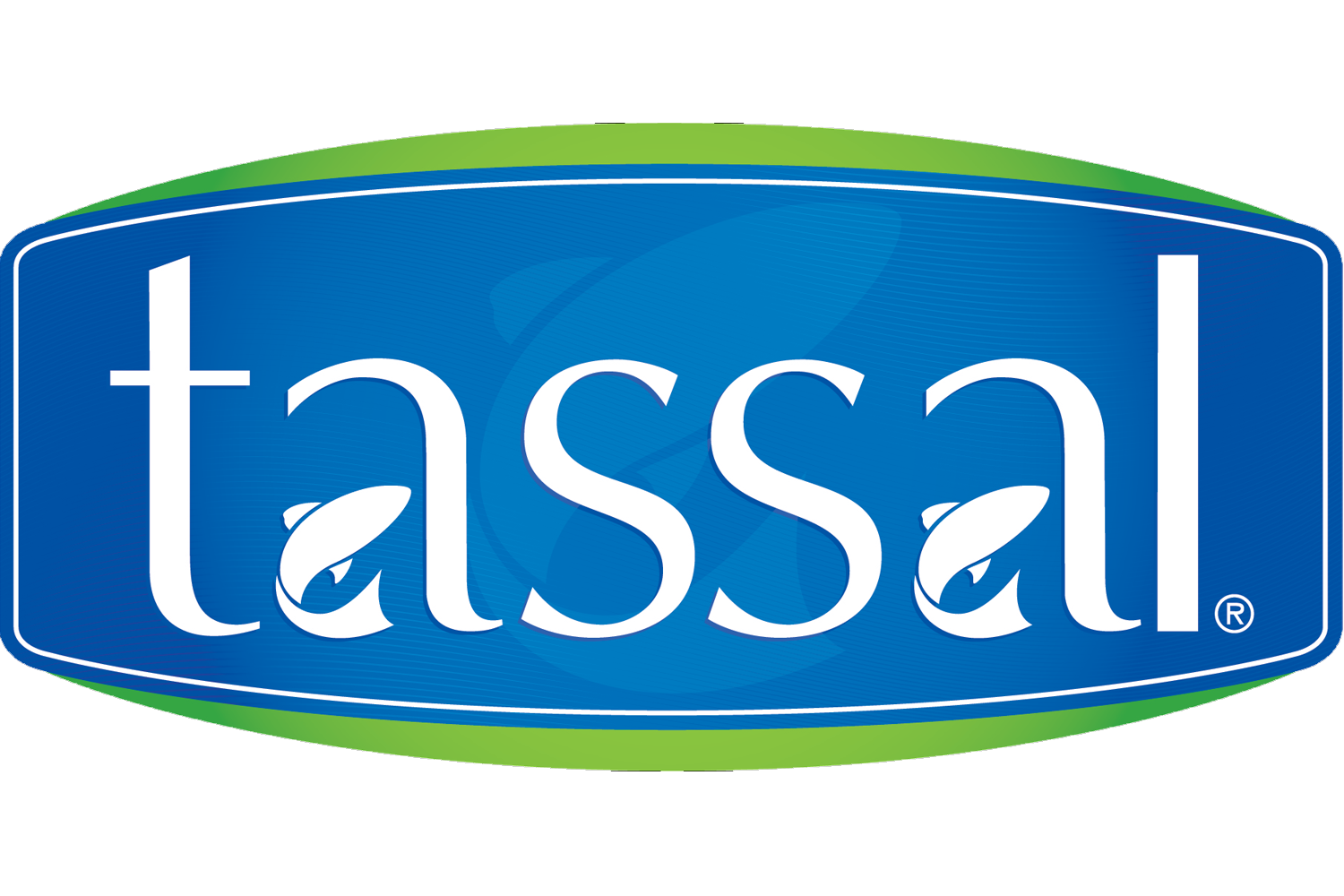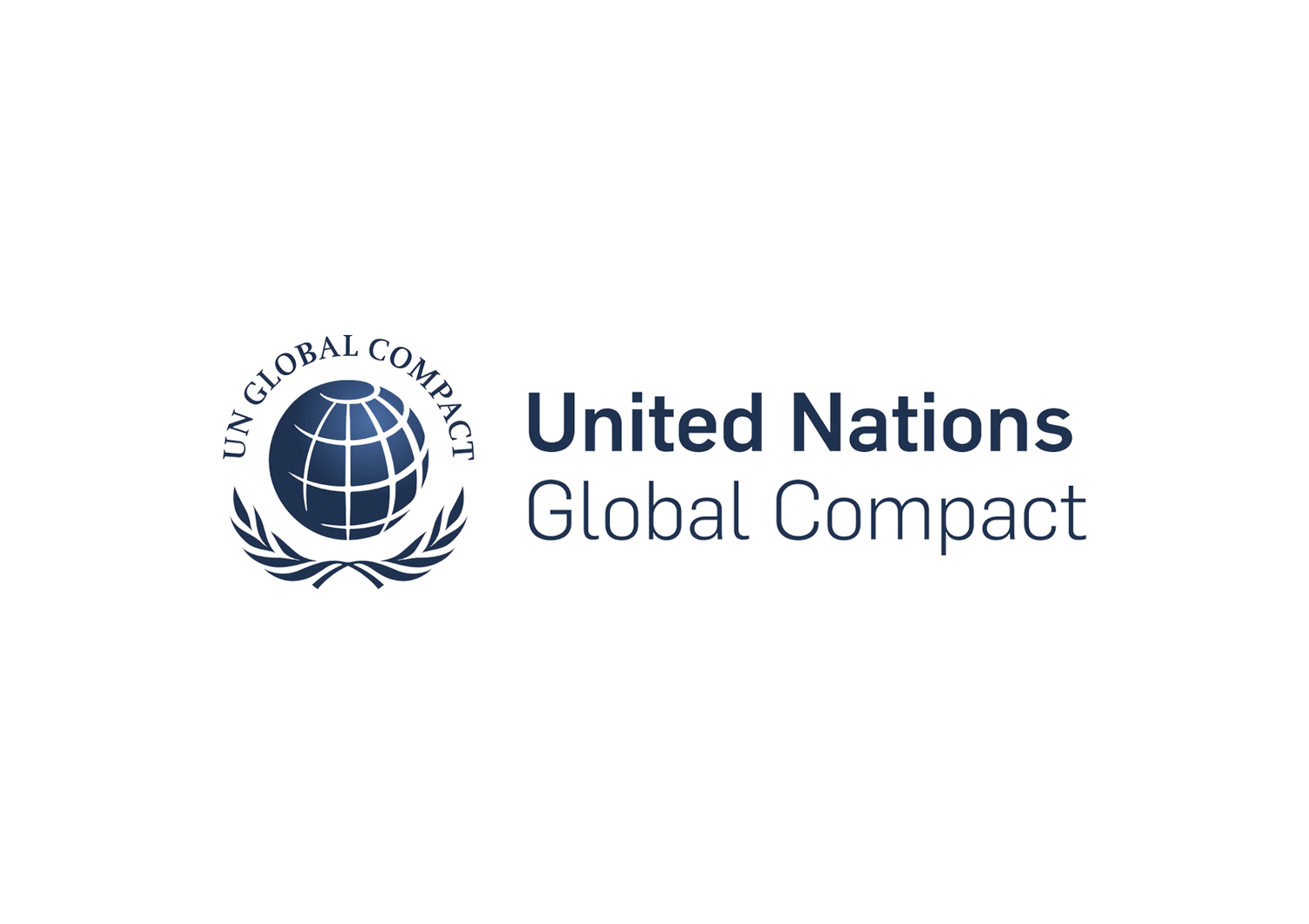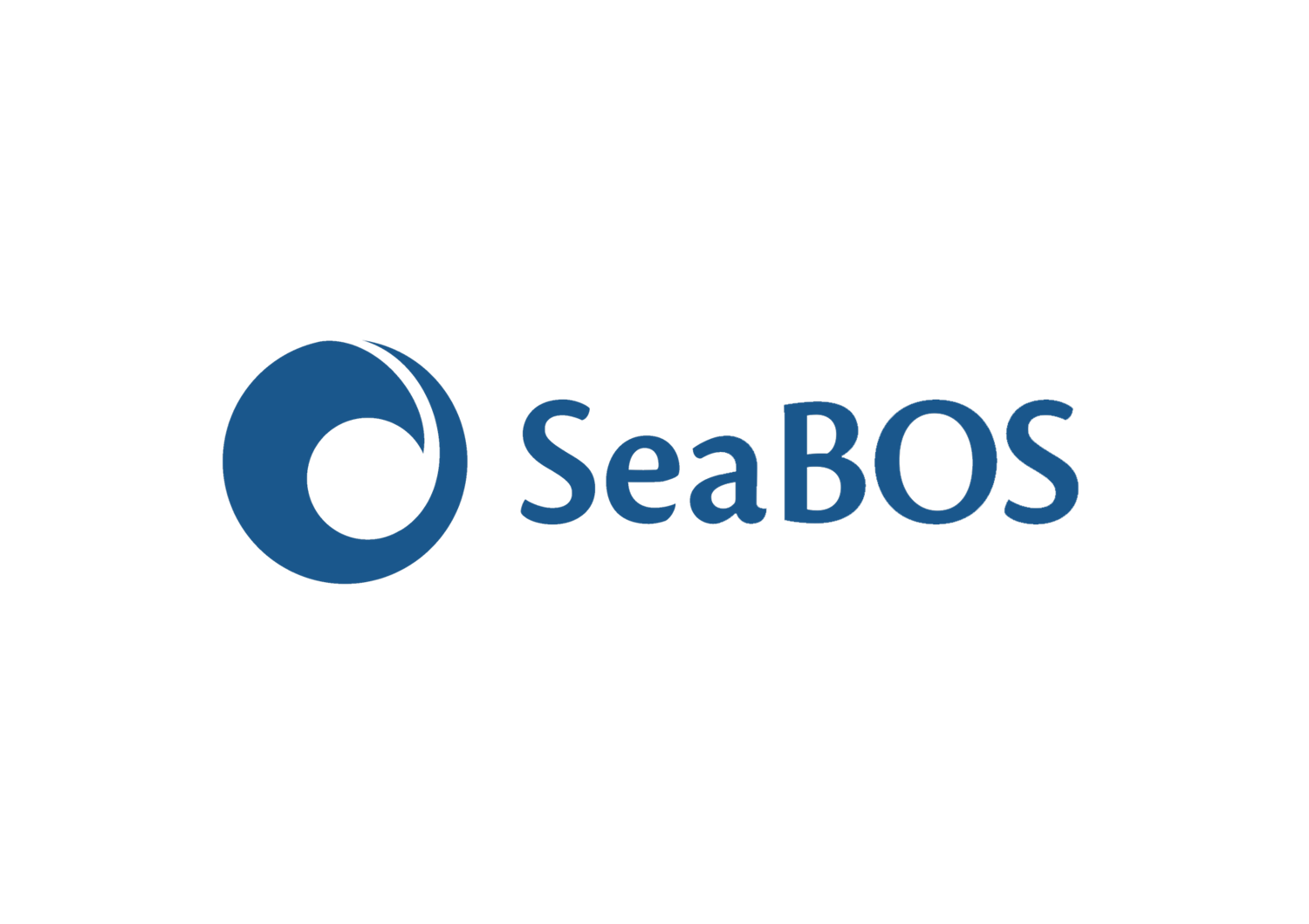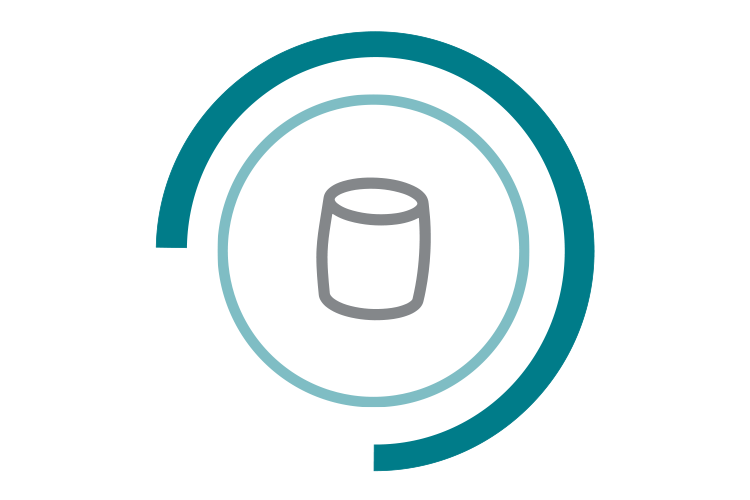
Global Salmon Initiative - Achieving goals through industry partnerships
The Global Salmon Initiative (GSI) is a leadership programme established by salmon farming CEOs from around the world who share a vision of providing a healthy and sustainable source of protein to feed a growing population, while minimising their environmental footprint, and continuing to improve their social and economic contributions.
Skretting is an Associate Member of GSI, demonstrating our mutual interest in the continued growth and prosperity of the farmed salmon industry as well as our shared commitment to improving the sustainability of the sector. As such, we work closely with GSI members on specific projects where pooled knowledge and collaboration supports accelerated progress.
Feed ingredients play an important role in the efficiency of salmon farming – providing the fish with all the protein and essential nutrients required for their optimal health and growth, while also contributing to the many health benefits that people can obtain from eating salmon. Our aim is to help the industry maintain this nutritional profile, while also reducing environmental impacts. There are many ways that we can achieve this.
Climate Impact Project
In 2020, we joined other GSI members of GSI in becoming a member of a new climate impact project in partnership with the World Wildlife Fund (WWF). This project has the objective of reviewing and assessing all current reporting methodologies for carbon footprinting and to develop a guidance document for GSI members that supports them in data collection and climate impact reporting, as well as reinforcing further mitigation efforts.
Other organisations such as SalmonChile and Norwegian Centre of Expertise Aquaculture are also being engaged in the project to ensure industry alignment.
“The members of GSI recognise that significant industry progress will require transformations across the supply chain. Which is why the active engagement of Skretting as an Associate Member in GSI, ensures we are working together, with the right knowledge and expertise, to catalyse innovations across all the major components of responsible salmon farming from raw ingredients, climate impact, and fish health - driving the whole industry towards a more sustainable future.” Sophie Ryan, GSI
The members of GSI recognise that significant industry progress will require transformations across the supply chain.
“Being part of the GSI gives us an opportunity to work collaboratively and precompetitively alongside passionate, like-minded companies from across the value chain, including Skretting. It provides a platform to access world leading expertise from the aquaculture feed sector to accelerate the progress of salmon farming and aquaculture globally. Through our collective focus on priorities of the industry, including the management of biosecurity challenges, the development of more sustainable and health-supporting feeds, as well as traceability and third-party certification advancements, we are ensuring a sustainable future for seafood and a better tomorrow.” Mark Ryan, Managing Director and CEO of Tassal.
Through our collective focus on priorities of the industry, we are ensuring a sustainable future for seafood and a better tomorrow.
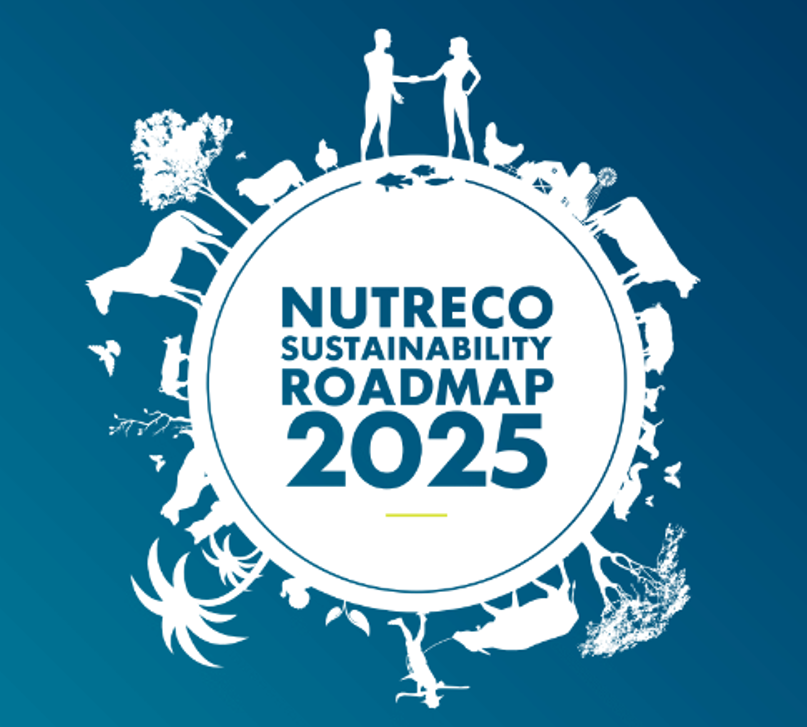
Next
Roadmap 2025
In RoadMap 2025 we have defined the material issues in which we believe we have an opportunity to distinguish ourselves, as they go beyond the standard practises that provide a license to operate to global companies in the food value chain.
